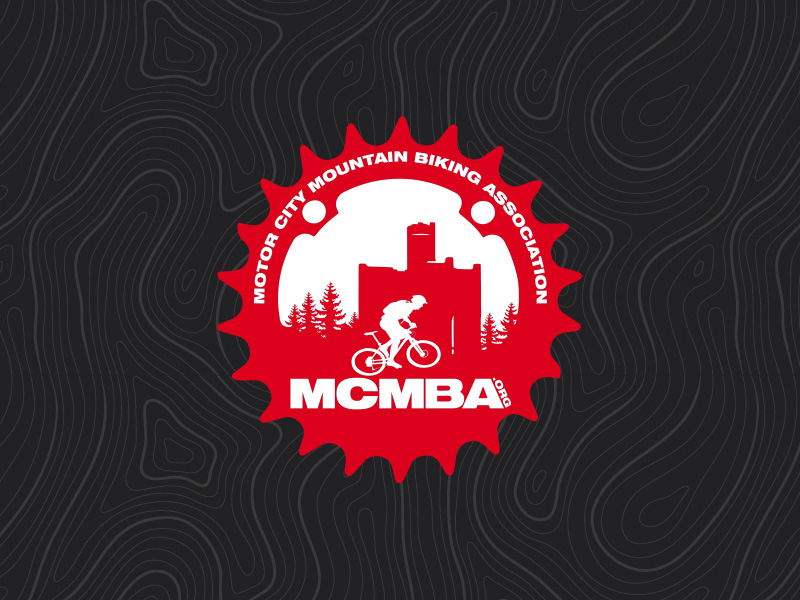Ride Safely
Mountain biking is a healthy and challenging activity, but riders should always be alert to the risks of injury inherent in our sport. Responsible behavior and good judgment are essential for you to safely enjoy mountain biking.
Remember that the trails are part of a natural environment and include potential hazards. Rocks, logs, roots, fallen trees, drop-offs and other natural and man-made obstacles may be encountered suddenly and without warning. These features may vary in difficulty and change due to conditions, weather, and usage. It’s your responsibility to ride within your abilities, and to inspect unfamiliar terrain or features before attempting to ride them.
Please wear a helmet and eye protection. Full face helmets and body armor are recommended in bike parks and skills areas.
Rules of the Trail
The way we ride today and the impressions we leave with others shapes mountain bike trail access tomorrow. Do your part to preserve and enhance our sport’s access and image by observing the following rules of the trail.
1. Ride On Open Trails Only.
Respect trail closures and restrictions. Trails are sometimes rerouted with old trails closed for habitat restoration. Most of our chapter trails prohibit motorized vehicles, including e-bikes.
2. Leave No Trace.
Be sensitive to the dirt beneath you. Recognize different types of soils and trail construction; practice low-impact cycling. Wet and muddy trails are vulnerable to damage. When the trailbed is soft, consider other riding options. Do not build or modify trails without permission.
3. Control Your Bicycle!
Inattention for even a second can cause problems. Obey all bicycle speed regulations and recommendations. Ride within your ability, skill level, and experience.
4. Always Yield Trail.
Let your fellow trail users know you’re coming. A friendly greeting or bell is considerate and works well; don’t startle others. Show your respect when passing by slowing to a walking pace or even stopping. Anticipate other trail users around corners or in blind spots. Yielding means slow down, establish communication, be prepared to stop if necessary and pass safely.
5. Never Scare Animals.
All animals are startled by an unannounced approach, a sudden movement, or a loud noise. This can be dangerous for you, others, and the animals. Give animals extra room and time to adjust to you. When passing horses use special care and follow directions from the horseback riders – ask if uncertain.
6. Plan Ahead.
Know your equipment, your ability, and the area in which you are riding — and prepare accordingly. Be self-sufficient at all times, keep your equipment in good repair, and carry necessary supplies for changes in weather or other conditions. A well-executed trip is a satisfaction to you and not a burden to others. Always wear a helmet and appropriate safety gear.
